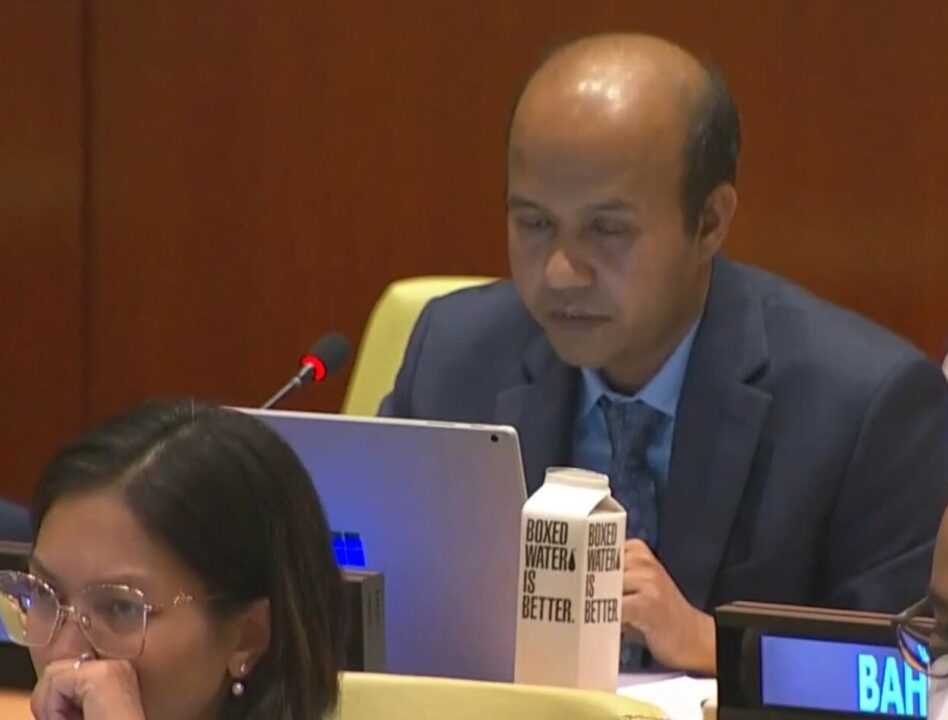Madam Chair
I thank you for giving me the floor.
I join others in offering my delegation’s deepest condolences on the passing away of Ben Ferencz.
Madam Chair
Having experienced genocide, crimes against humanity and other crimes under international law during our war of liberation in 1971, we cannot overemphasize the importance of this process.
To ensure accountability for those crimes and restore the dignity of the victims, we have conducted trial of such crimes through national tribunals established in accordance with the complementarity principle of Rome Statute. The trial, which still continues, found a number of individuals guilty of crimes against humanity which included targeted killings, sexual violence, torture and other forms of crimes.
In view of our experience, we wish to share a few comments on Preamble and Article 1 for which, we are here today.
First: We wish to reiterate that punishment of crimes against humanity is critically linked to prevention of such crimes. We believe, ensuring accountability for the past and ongoing crimes is a critical first step in reinforcing international legal framework for their prevention. As such, our deliberations should continue to place equal focus on prevention and punishment aspects of crimes against humanity.
In view of the above, in para 5 & 6 of the Preamble, we would like see a balanced approach on both the prevention and punishment of crimes against humanity.
Second: We strongly support the notion of national ownership in exercising criminal jurisdiction with respect to crimes against humanity and reaffirm the duty of every State to exercise its criminal jurisdiction which is reflected in para-8 of the Preamble. However, we also wish to recall the sovereign right of every State to determine various aspects of its criminal justice system, including the form of punishment it sets for the crimes against humanity; of course, in accordance with its obligations under international law and international human rights instruments.
Third: National efforts to advance prevention and punishment of crimes against humanity must be supported by international cooperation. In Bangladesh, many of the accused individuals facing trial for crimes against humanity committed in 1971, couldn’t be produced before the Tribunal due to lack of cooperation from countries they are hiding in. We have also been unable to execute sentences of the Tribunal against those who were found guilty; as they were not extradited. Our deliberations on the draft articles must address these practical challenges faced by national justice mechanisms.
In this regard, we welcome the para 10 of the Preamble on international cooperation.
Fourth: We support the scope of the Convention as defined in Article-1 as it covers both the prevention and punishment of crimes against humanity which are the ultimate objective of the Convention.
This ends my intervention and I thank you all.
***

